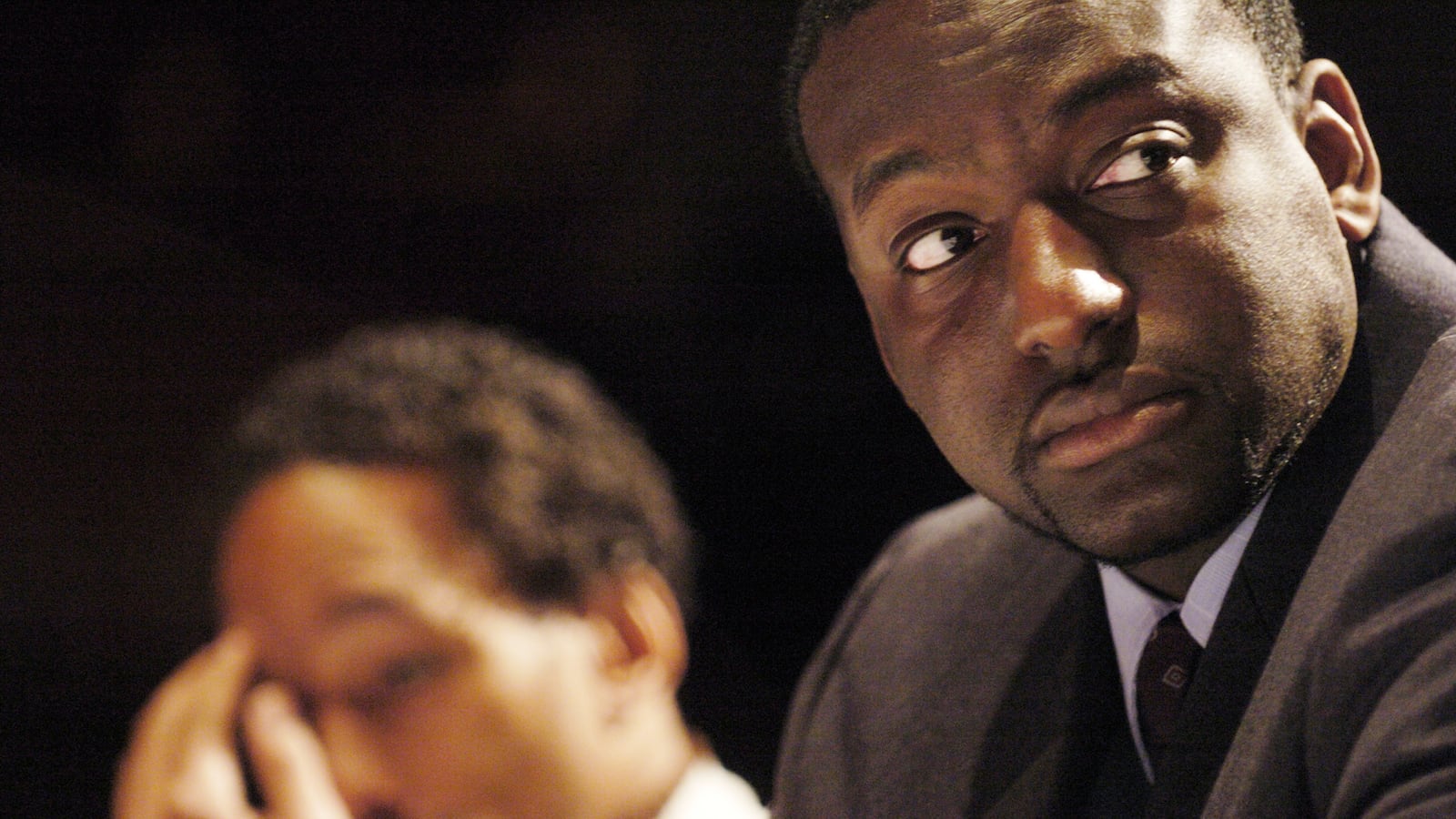Yusef Salaam remembers well the number he was assigned when he was transferred from juvenile detention to an adult prison in upstate New York in 1995. The number was 95A1113, a combination of the year and the date he arrived at the jail that would be his home for his last two years behind bars.

Salaam was one of the “Central Park Five,” a group of young African-American and Latino teenagers convicted in 1990 of severely beating and raping a white woman as she jogged in New York City’s Central Park. Each served time for the crime. The only problem was they weren’t guilty.
The case sent shock waves around the country during the early 1990s, in part because of the brutality of the crime and in part because of the overpowering message it sent about who really pays when crime, class, and race collide in the big city.
Although the confessions of all the young boys appeared coerced and DNA evidence found on the victim didn’t match any of them, the five were convicted in one of the most embarrassing chapters of the city’s history. On Tuesday night, PBS will give viewers a chance to dig even deeper into the disturbing case when it airs Ken Burns’s critically acclaimed documentary The Central Park Five. The film had a limited release last year in select theaters.
“It’s been good therapy for me having people finally see the truth of what happened and finding out that we weren’t guilty,” said Salaam, who was just 15 when he was arrested for the rape. “So many people know that we were arrested and went to jail for the crime. But they didn’t know we were found not guilty years later. That news wasn’t covered as much.”
Salaam says that when he was released from prison in 1997 at age 23, few people were interested in hearing what he had to say. “I remember going to a few publishing houses and talking to some people about writing a book about what happened to me,” he said. “But I was told my story wasn’t compelling. That was hard to hear.”
Raymond Santana, Kevin Richardson, Antron McCray, and Kharey Wise were the other men in the Central Park Five.
At the time of the case, DNA testing wasn’t sophisticated enough to match the guilty party, but a chance conversation between one of the five young men and convicted murderer and rapist Matias Reyes in prison changed all that more than a decade later. Reyes confessed that he had raped the Central Park jogger, and in 2002 a reexamination of the case found that the DNA on the victim’s sock indeed matched him.
“That was all very quiet,” said Seth McCrary, 23, a New York University student who is researching the case for his senior project. “I was amazed but then not amazed at how little the press cared that the brown and black guys didn’t do this horrible thing. It’s much more interesting when it was what people thought it was. When it didn’t fit the narrative anymore, nobody cared.”
The Central Park incident introduced into popular culture the term “wilding,” which describes the stereotypical “out-of-control” behavior of urban youth.
“That time also gave people the idea that you need to be afraid of all young black and brown men,” said Salaam, now 38. “It gave the impression that you need to cross the street when you see a black young man or hold tight to your purse when you see a black man on the elevator or anywhere around you, and that feeling is still out there today....The ‘stop and frisk’ in New York is a result of what happened to us to some extent.”
The convictions of all five men were vacated in 2002, but the city of New York has refused to admit there was anything wrong with the way the case was handled. That continues to haunt Salaam, his family, and the rest of the Central Park Five and their families. In 2003 the group filed a $250 million lawsuit against the city, but it has yet to be resolved.
“The city doesn’t want to admit any wrongdoing,” said Salaam. “They feel that we will just go away the longer it goes on, but we won’t. We lost so much time and our families lost so much, and no one who was responsible said that they were sorry about it. That’s not right. Somebody needs to stand up and take responsibility for the way the case was handled. There was nothing that linked us to this crime, and yet we were convicted and paid for it.”
Several New York City officials have urged Mayor Michael Bloomberg and others to settle the case and right an overdue wrong to help the city and the men move on.
As fate would have it, Sarah Burns, daughter of filmmaker Ken Burns, worked as a paralegal in the office of one of the lawyers handling the lawsuit against the city. She approached the men about writing a book and ultimately about filming a documentary that told their story.
“I was hesitant at first because you never know how things may turn out, and we didn’t even know she was Ken Burns’s daughter in the beginning,” said Salaam. “She never said that. But we did want the story told and put out there. She seemed passionate about telling it the right way. Of course when she did tell us who her dad was, we were blown away by the fact that he wanted to be involved too.”
In conjunction with the film’s limited theatrical release last year, Salaam traveled the country, meeting with audiences who watched The Central Park Five and then gave the men standing ovations with tears in their eyes.
“Nothing can give us our lives back, but it was a pretty good feeling to have people you don’t know come up and put their arms around you and say they’re sorry for what you’ve been through,” said Salaam. “You know they mean it because you can feel it. I can’t explain it, but somehow it really helps.”





